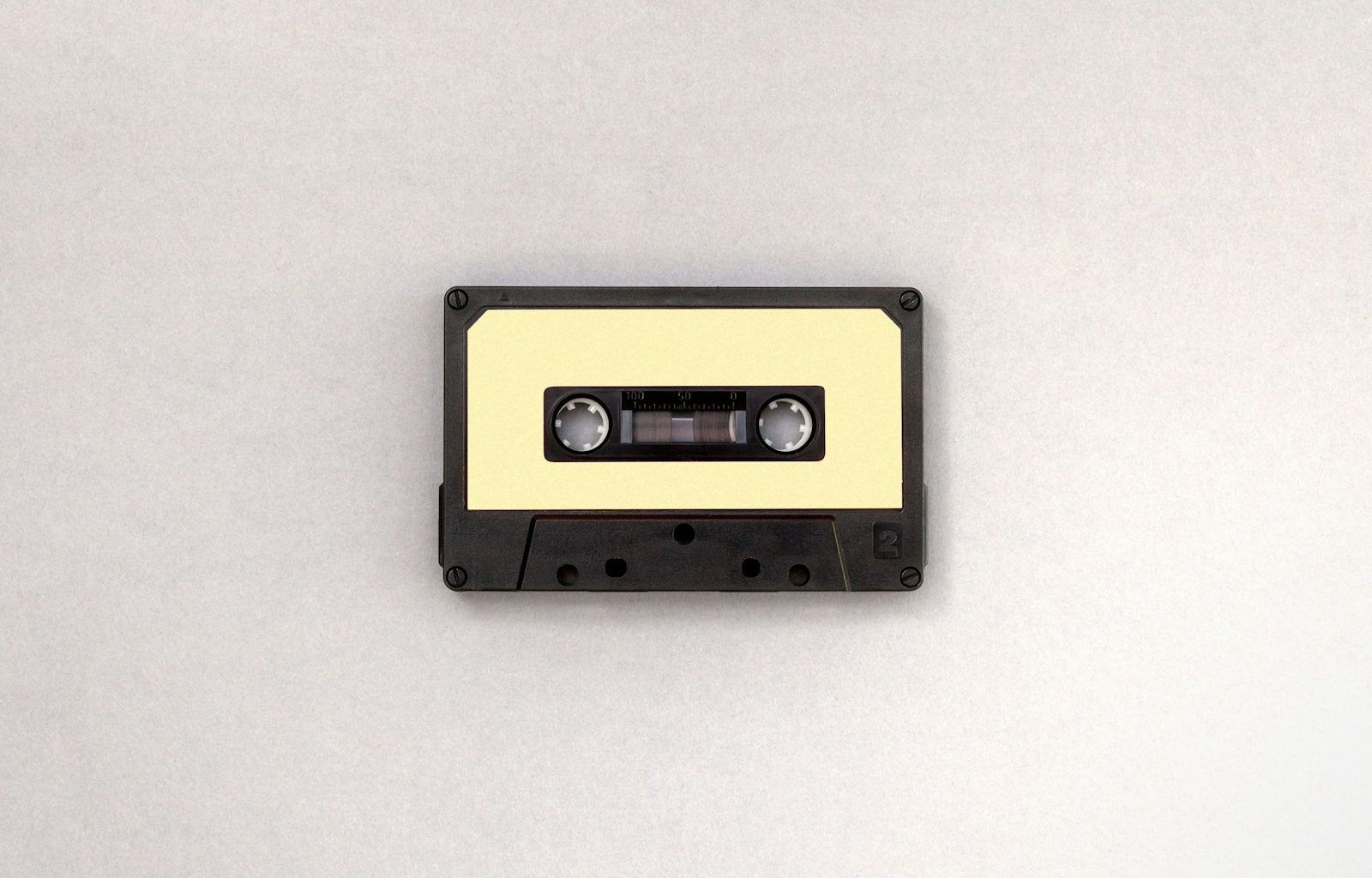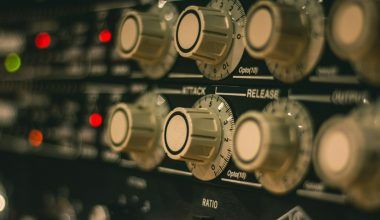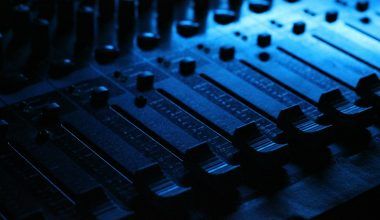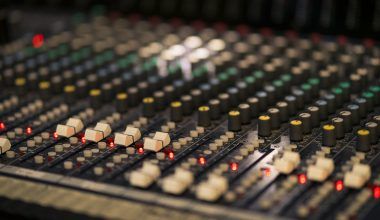If you’ve ever heard the term ep definition in music thrown around in conversations about music, you might be wondering what exactly it means. EP stands for “Extended Play.” It’s a term used to describe a collection of music that’s longer than a single but shorter than a full album. Think of it as the perfect middle ground—enough to showcase an artist’s range without requiring the commitment of a full-length album.
Unlike singles, which typically include just one or two songs, an EP often features three to six tracks. The exact number can vary, but the key is that it’s not as extensive as an album, which usually contains at least eight or more songs. EPs offer a unique way for artists to share their music with the world without the pressure of producing an entire album.
The History Behind the EP
The concept of the EP dates back to the mid-20th century. In the 1950s, vinyl records were gaining popularity, and the EP emerged as a format that could hold more music than a single but less than a full album. Back then, EPs were a cost-effective way for fans to enjoy more music without splurging on an entire album.
As the music industry evolved, so did the purpose of EPs. In modern times, EPs have become an important tool for both emerging and established artists. For newer artists, they serve as a way to introduce themselves to listeners. For established musicians, EPs often act as a creative playground for experimenting with new sounds or themes.
Why Do Artists Release EPs?
One of the biggest reasons artists release EPs is flexibility. Creating a full-length album requires a significant investment of time, money, and energy. For artists who are just starting out, an EP is a more manageable way to share their work and build a fan base.
EPs are also a fantastic way to test the waters. Artists can use them to experiment with new styles or concepts without committing to a full album. If fans respond positively, the artist might expand on those ideas in future projects. It’s a way to stay relevant and innovative in a constantly changing industry.
Additionally, EPs help maintain momentum. In today’s fast-paced world, music listeners crave new content regularly. Releasing an EP allows artists to stay on their fans’ radar between larger projects. It’s like giving listeners a bite-sized taste of what’s to come.
How EPs Shape the Music Industry
EPs have a significant impact on the music industry, especially in the era of streaming. Platforms like Spotify, Apple Music, and YouTube have changed how people discover and consume music. Instead of purchasing entire albums, listeners often stream individual tracks. EPs fit perfectly into this trend because they provide a concise collection of songs that are easy to listen to in one sitting.
For independent artists, EPs are particularly valuable. They’re less expensive to produce than albums, making them a practical choice for musicians working with limited budgets. Plus, EPs offer a chance to experiment and find a unique voice without the constraints of a full album’s structure.
EPs vs. Albums vs. Singles
To fully understand the role of an EP, it helps to compare it to albums and singles. Singles are typically released to promote a specific song, often accompanied by a music video or heavy radio play. They’re short, focused, and designed to grab attention.
Albums, on the other hand, are comprehensive. They often tell a story or explore a theme in depth, showcasing an artist’s full range and vision. However, creating an album is a massive undertaking and isn’t always feasible for every artist.
This is where EPs shine. They’re more substantial than singles but less demanding than albums. For listeners, they offer a satisfying mix of variety and depth. For artists, they provide creative freedom and a way to connect with fans more frequently.
EPs in Different Genres
EPs are popular across all genres, from pop and rock to hip-hop and electronic music. In the indie scene, EPs are almost a rite of passage for new artists. They’re a way to make a statement and carve out a niche in a crowded market.
In electronic and dance music, EPs often serve as a showcase for a producer’s versatility. They might include a mix of tracks designed for the dance floor and others that are more experimental. In hip-hop, EPs are often used to introduce new collaborators or explore themes that might not fit into a traditional album.
How to Identify an EP
You might be wondering how to distinguish an EP from an album or a single when browsing your favorite streaming platform. Most EPs will be labeled as such, but there are a few other clues. If a release has fewer than six tracks or a total runtime of around 15-30 minutes, it’s likely an EP.
Many artists also use the term EP in the title of their release. For example, they might name it something like Summer Vibes EP or Acoustic Sessions EP. This makes it easier for listeners to understand what to expect.
Famous EPs That Made an Impact
Over the years, many EPs have left a lasting impression on the music world. For example, The Beatles released several iconic EPs in the 1960s that are still celebrated today. In more recent times, artists like Billie Eilish, Kendrick Lamar, and Arctic Monkeys have used EPs to catapult their careers.
One notable example is Billie Eilish’s don’t smile at me, which introduced her to a global audience. The EP’s success set the stage for her groundbreaking debut album and cemented her as one of the most innovative artists of her generation.
Why EPs Are Here to Stay
In a world where attention spans are shrinking, ep definition in music offer the perfect balance of depth and brevity. They’re ideal for artists who want to make a statement without overwhelming their audience. They’re also versatile, allowing musicians to experiment, connect with fans, and stay relevant in a fast-paced industry.
For listeners, EPs are a treasure trove of discovery. They’re a way to explore new artists, dive into different genres, and enjoy a curated listening experience. Whether you’re a casual listener or a die-hard music fan, EPs are an essential part of the musical landscape.
How to Support Artists Through Their EPs
If you’re a fan of an artist’s EP, there are many ways to show your support. Streaming their music, sharing it on social media, and attending live performances all make a big difference. Buying physical copies or merchandise is another great way to support your favorite musicians.
EPs often represent a critical moment in an artist’s journey. By supporting them during this phase, you’re helping them grow and succeed in a competitive industry.
Final Thoughts on EPs in Music
ep definition in music are more than just a stepping stone to an album. They’re a powerful format that allows artists to share their creativity and connect with listeners. Whether you’re an artist looking to release your first project or a fan exploring new music, EPs have something special to offer.
So the next time you come across an ep definition in music, take a moment to listen. You might just discover your new favorite artist or song. After all, great things often come in small packages, and EPs are proof of that.
Related Articles:
For further reading, explore these related articles:
- TikTok Sounds List: A Fun Guide to Find and Use Trending Audio
- Exploring Taylor Lover Lyrics: A Journey Into Taylor Swift’s World of Love
For additional resources on music marketing and distribution, visit DMT RECORDS PRIVATE LIMITED






